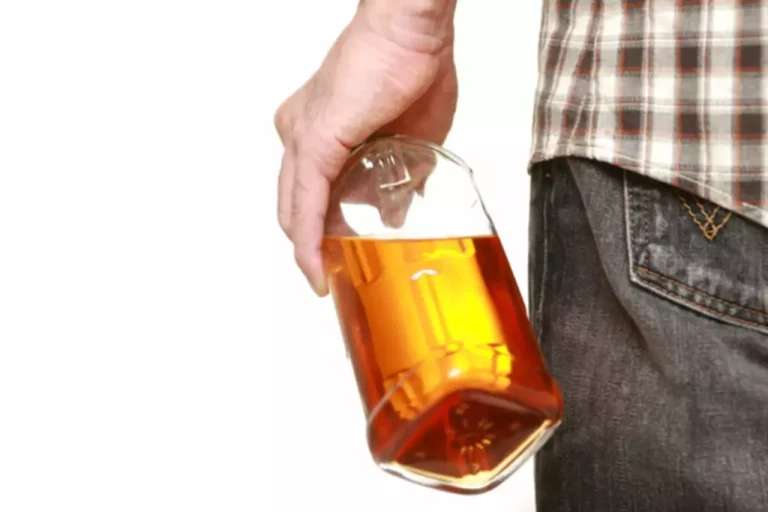
For many people, night sweats may have links to their alcohol consumption for a particular occasion. One of the most common symptoms of alcohol intolerance is facial flushing, which drug addiction treatment can also cause excessive sweating. Chris has worked as a business development professional in the addiction treatment industry since 2009. During that time Chris has always aligned himself with treatment programs that have done excellent work for those struggling with substance use disorder. He has had the privilege of working in a variety of geographic regions and levels of care.

How to create a structured daily routine during recovery
- If you’ve come home after a night of binge drinking and start sweating in your sleep, this can be attributed to any of the causes of sweating while drinking.
- Excessive sweating is called hyperhidrosis—a condition that causes heavy sweating beyond what is considered normal.
- When sweating is directly related to the consumption of an addictive substance, it is usually accompanied by other symptoms that may not be apparent in the patient.
- Prior to changing careers into the counseling field, Thérèse worked in the investment and securities field for over 20 years in sales, management and compliance, and supervisory roles.
- Detoxing from alcohol at home includes consulting with a healthcare provider, setting up a supportive environment, managing withdrawal symptoms, and reaching out for professional assistance if necessary.
You may sweat due to the heat if you may be drinking in an outdoor environment or under the sun, of course! Besides this, if you’re drinking while seated in a crowded, poorly ventilated place, you might also feel overheated. Withdrawal symptoms can begin as soon as a few hours after your alcohol and excessive sweating last drink or within several days.
How to Manage Overthinking in Early Recovery

Drug rehab involves a comprehensive process of detoxification, personalized therapy, and ongoing aftercare to help individuals overcome substance abuse and maintain long-term sobriety. By addressing both the physical and psychological aspects of addiction, rehab provides the necessary support and resources for successful recovery. Experiencing night sweats after drinking can be an uncomfortable and puzzling issue. Night sweats, characterized by excessive sweating during sleep, go beyond the usual perspiration and can drench your sheets and pajamas.
- As the body metabolizes alcohol, blood vessels dilate, which leads to increased blood flow and heat in the body.
- With the right support and strategies in place, you can manage your emotions in a healthy way and reduce your dependence on alcohol.
- According to a 2022 national survey, 29.5 million people in the United States had past-year AUD, with night sweats being a common withdrawal symptom.
- If you or someone you know is experiencing severe sweating along with other symptoms of alcohol withdrawal, it is crucial to seek medical help immediately.
Effects of Alcohol on Body Temperature
Uncover early signs of alcoholism in a loved one, understand its impact and learn how to seek help. Discover how intensive outpatient intensity structure aids recovery, with research-backed insights and strategies. Discover what is Dilaudid addiction, its dangers, signs, and effective treatment options.
When to Go to Rehab for Alcohol and Recognizing the Signs

The phenomenon of “sweating out alcohol” during sleep is closely tied to the body’s detoxification process. The liver plays a vital role in filtering toxins from the body, and alcohol can disrupt its normal functioning. Prolonged heavy drinking can result in inflammation and scarring of the liver, leading to various liver diseases. It is important to prioritize liver health and consult a healthcare professional for proper diagnosis and treatment. If you’re experiencing night sweats from alcohol consumption, it’s important to seek help and consider treatment options. Managing alcohol consumption and consulting with a doctor are two crucial steps in addressing this issue.
- As the primary organ responsible for breaking down alcohol, the liver works overtime when we drink.
- She obtained a Master of Arts degree in Counseling Psychology from Centenary University and has pursued further training in ACT, MBRP, and Eye Movement Desensitization and Reprocessing (EMDR).
- These drugs are used to treat mental illnesses such as schizophrenia, bipolar disorder, and depression.
- Night sweats can be a symptom of alcohol withdrawal, which may require medical intervention.
- Deciding to cut back or quit drinking alcohol can be difficult, but it’s a powerful step towards improving your physical and mental health.
- This can lead to overheating and night sweats, making sleep uncomfortable and restless.
The first step in cutting back or quitting alcohol is to set clear goals and make a plan. This might involve setting limits on the amount and frequency of alcohol you consume, or it could mean committing to abstaining from alcohol altogether. For example, instead of saying “I want to drink less,” you might set a goal to only have one drink per day, or to go alcohol-free for a month.
Similarly, conditions that impact the liver’s function or the body’s ability to regulate temperature can intensify alcohol-induced night sweats. People who regularly experience night sweats after drinking alcohol may have an issue with alcohol and should seek help. Therefore, if you are frequently experiencing night sweats after drinking alcohol, it is advisable to seek medical assistance promptly. Drinking too much alcohol can suppress the function of the hypothalamus, the part of the brain that helps regulate body temperature.

Recent Comments